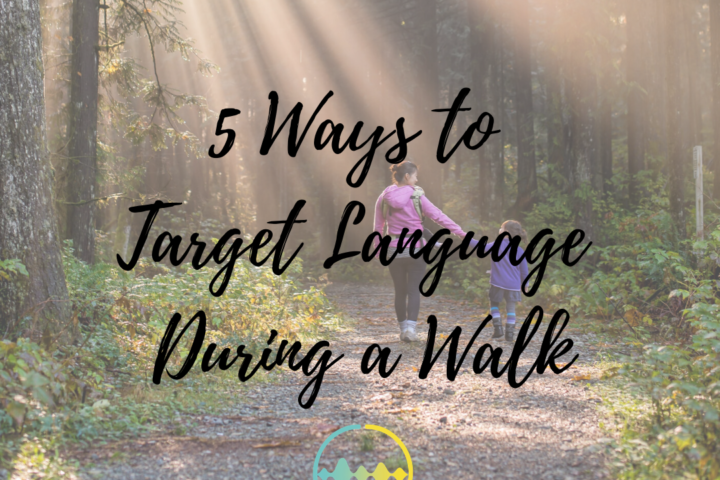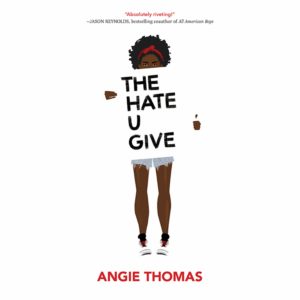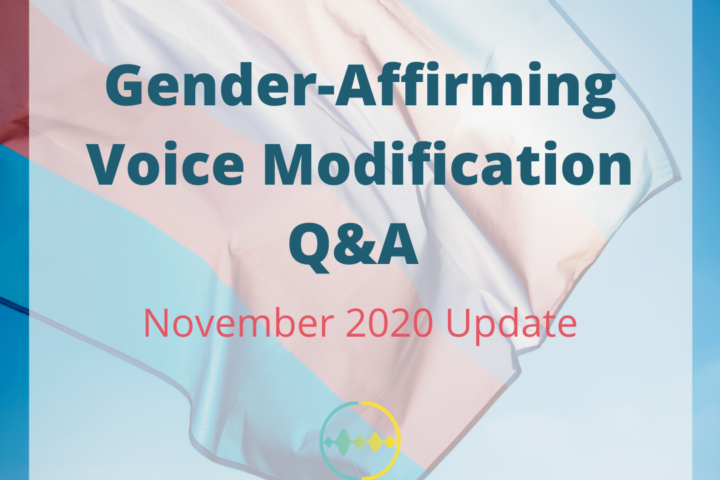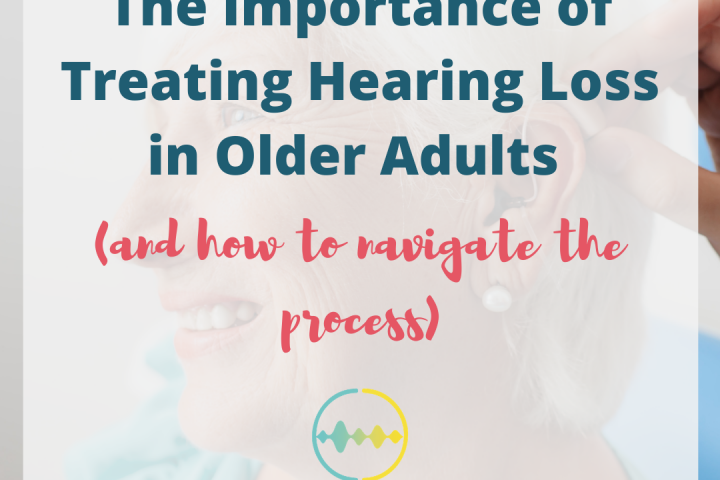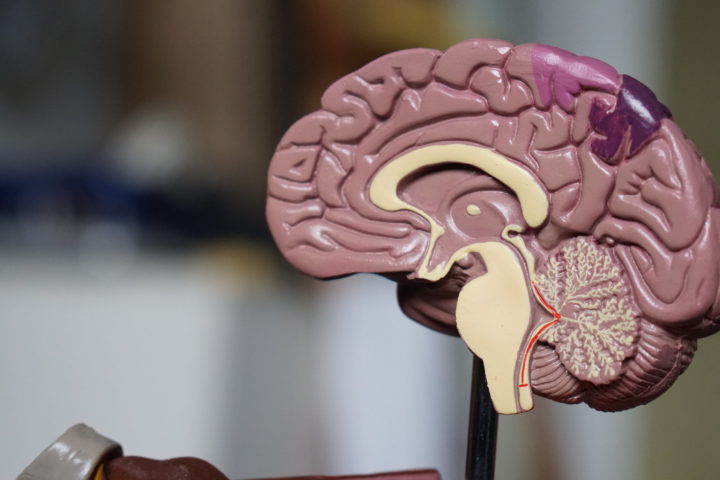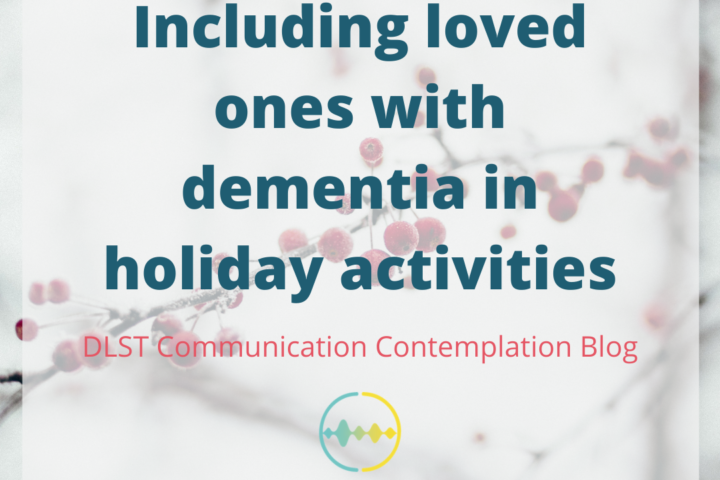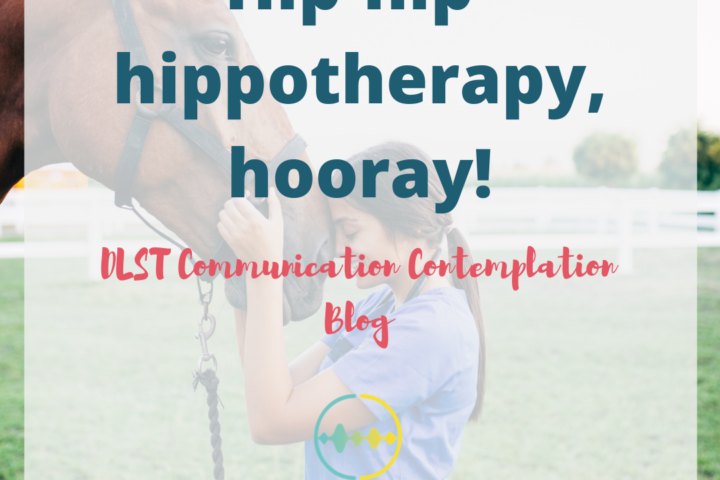I am living for my walks these days. We’re currently on a two-a-day schedule, or however many our dog demands. It’s good to get outside and enjoy the weather, especially here in Michigan! I’m not alone. I see families on walks even where I live (in the middle of nowhere). Facebook and Instagram are plastered...
Tag: grand rapids slp
YA novel best picks – A librarian’s perspective, Part II
We’re lucky to have Beth Kirchenberg, Middle School and Teen Librarian at River Forest Public Library, back with us for another round. Since we’re all stuck at home, it’s an excellent time to pick up a book. For your kiddos who are YA aged, Beth has provided us with the ultimate YA literature picks. I mean,...
Why YA? – A librarian’s perspective, part I
It’s National Reading Month! Speech-language pathologists love books and reading as literacy is tied to language development (and vice-versa). We spend a lot of time on this page talking about picture books, but ages 0-18 have a wide span of book choices. So today, let’s celebrate a rather underrepresented sub-section of literature on this page:...
Gender-affirming voice modification Q&A continued [UPDATED 11/2020]
Following my quick Q&A video on the DLST Facebook and Instagram pages, I had even MORE questions about gender-affirming voice modification. You know I love audience participation, so I’m so happy people are asking great questions and learning more about this service. Since my video addressed the basics of voice modification, the rest of the...
The Importance of Treating Hearing Loss in Older Adults (and how to navigate the process)
Age-related hearing loss is a touchy subject for many. Many times, it forces the individual to come to terms with becoming “older,” which isn’t fun. It also plays into insecurities regarding “being different” or “standing out” because of a hearing aid. Well, I’m here to tell you that it’s time to set these worries aside and start the process of addressing hearing loss.
“Why should I?” you may ask. “Also, aren’t you a speech-language pathologist? Why are you talking about this?” Well, a few things.
Strokes and Communication – Aphasia
Hold on to your hats! We’re doing a crash course in communication-related problems following a stroke!
Following a stroke, a person will experience any number of difficulties and deficits, some more severe than others. Strokes can cause physical, cognitive, behavioral, and communication and swallowing issues. For the sake of time (and for the sake of my readers’ time), I’m going to stick with talking about symptoms related to communication.
Aphasia is a common language disorder that arises following a stroke. Aphasia, in the most basic sense, is an impairment in any and all areas of language - speaking, listening, reading, and writing. Depending on where the injury is in the brain, the amount of damage incurred by the stroke, and a whole host of other factors, symptoms and severity can vary.
Including loved ones with dementia in holiday activities
Research tells us that, when given meaningful activities in which they can participate, individuals with dementia are more cognitively stimulated. Meaningful activities also help to alleviate anxiety and depression, and promote positive social interactions. All of these factors lead to an improved quality of life for the individual with dementia and, as a result, their caregivers.
Thanksgiving Language Fun
Thanksgiving brings with it a lot of time for family togetherness, food, and of course, opportunities of learning language! Looking for ways to incorporate some language-enriching activities into your holiday? Look no further!
Hip-hip-hippotherapy, hooray!
One form of animal-assisted therapy that is often cited is hippotherapy. Hippotherapy involves speech, occupational, physical, or behavioral therapy that is based on the movements of a horse (hippo is the Greek word for horse). Hippotherapy isn’t centered on the horse itself, but rather the movement of the horse’s gait. The idea behind the therapy is that by manipulating the horse’s movement, the recipient of the therapy activates their neurological, cognitive, sensory, and motor cortices.
Ear infections and language development: Research Rumination
Raise your hand if you had ear infections when you were little! How many of you had tubes in your ears when you were a kid (or, in the case of one of my recent co-workers, AN ADULT)? Ear infections, or otitis media (OM), are super common. 5 out of 6 kids get one by the time they’re 3. Sometimes, kiddos get them a lot. Like…a lot, a lot.
What is the impact of recurrent ear infections on language development? Well, we’ve got a Research Rumination coming in hot from Australia this week that’s going to tell us all about this. Winskel (2006) wanted to investigate specific language skills and how early, recurrent OM impacted these skills later in childhood in this study. Let’s go!

